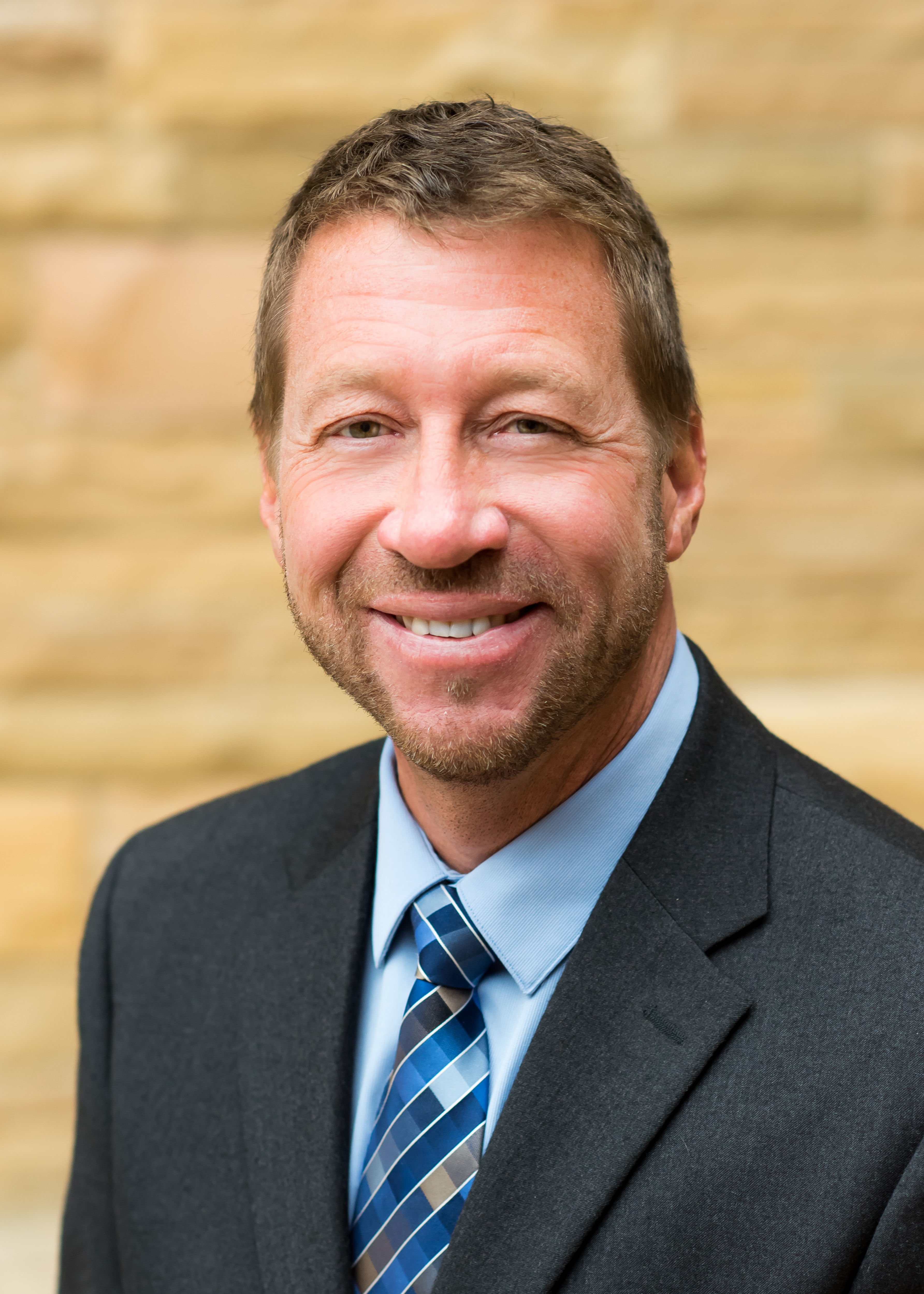An article for The Cathedral Times
by Dale Adelmann, Canon for Music
 On the feast of Pentecost a couple of weeks ago, we baptized lots of babies at the Cathedral! It was a wonderfully sunny morning, replete with glorious music, a fine sermon, and ten tiny new saints, several of whom demonstrated vocal cords and lung capacity that will serve them well as choristers one day! Big baptismal days always remind me of a beloved bit of Cathedral Choir lore, when a dear, now departed choir member arrived on a Sunday morning, realized there would be baptisms, and was heard to exclaim in her charming Mississippi accent, “Surely by now we have baptized every child in the diocese!”
On the feast of Pentecost a couple of weeks ago, we baptized lots of babies at the Cathedral! It was a wonderfully sunny morning, replete with glorious music, a fine sermon, and ten tiny new saints, several of whom demonstrated vocal cords and lung capacity that will serve them well as choristers one day! Big baptismal days always remind me of a beloved bit of Cathedral Choir lore, when a dear, now departed choir member arrived on a Sunday morning, realized there would be baptisms, and was heard to exclaim in her charming Mississippi accent, “Surely by now we have baptized every child in the diocese!”
But baptismal Sundays also remind me why I love being an Episcopalian. For me, our baptismal covenant (Book of Common Prayer, p. 302-303) is an expression and reminder not merely of what Anglicanism at its best should be, but Christianity itself.
The promises we make when we renew our baptismal vows begin straightforwardly enough. We commit to pray and worship regularly. To attempt to resist doing things we ought not do, and to seek forgiveness when we do them anyway. Then it gets harder. We pledge to live in a way that spreads the Good News. Capital G, Capital N. That means a lot of different things to different people, some of which, honestly, don’t always strike me as very Christlike. To me, being Christian should actually mean living and interacting with others in a way that Jesus would. Yet it seems to me that the term “Christian” is often coopted in our public life, becoming little more than a self-righteous justification for judging, disrespecting, and even bullying others in ways I simply cannot imagine Jesus – or a loving God – ever would.
For me it is in the final two promises of our baptismal covenant where “Christlikeness” really shows. Or not. Sometimes the shortest words make the biggest difference. I will admit, I pay attention to the inflection in the celebrant’s voice when we hear these challenges. What amplifies them for me, from simply an expansion of the “Golden Rule” into charges that, if followed, would truly change the world, are the words I will italicize here: “Will you seek and serve Christ in all persons, loving your neighbor as yourself?” “Will you strive for justice and peace among all people, and respect the dignity of every human being?”
When we respond, “I will, with God’s help,” do we really mean it? Do we really intend to recognize all persons as beloved children of God, regardless of their faith or any other difference they may have from us? Are we prepared to treat every human being with dignity? Even if they live, or dress, or look, or think, or believe, or love differently than we do? It seems not uncommon in contemporary society to act as if we only need to treat people who are like us – and agree with us – with respect.
For those who will have expected me to tackle some aspect of music here, I will admit I was first drawn to the Episcopal Church by the 500 years of music inspired by Anglican worship traditions, especially the choral music. As a son & grandson of evangelical protestant ministers, I knew the power of vigorous congregational singing (which is a growth area for us at the Cathedral), but hearing a world-class Anglican choir for the first time at age 18 changed my life. As I have embraced the worship traditions of the Episcopal Church over the years, the richness of our liturgy and music continue to inspire me ever more profoundly. But, practically speaking, the thing that most continues to challenge me to be a better version of myself, and makes me proudest to be a convert to the Episcopal branch of the Church universal, is our baptismal covenant. I am grateful to be part of this faith community, which – at our best – welcomes all to walk with us, no matter where you are on your faith journey, no matter the questions or doubts you may have. The world needs the Episcopal Church.
